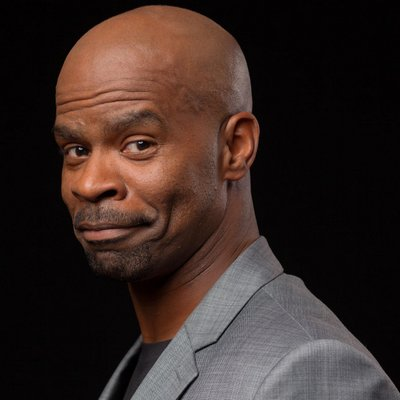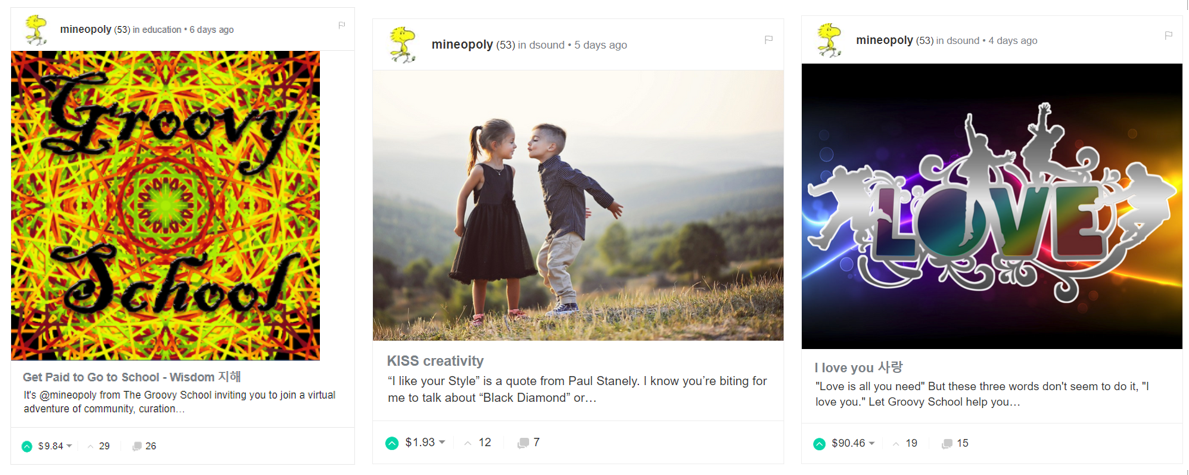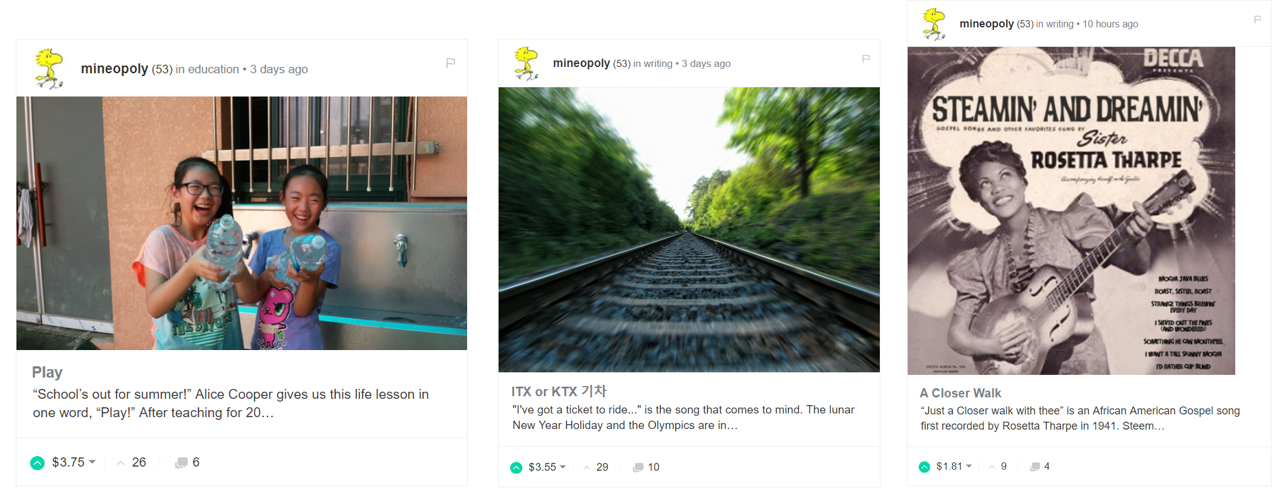“Now I don’t claim to be an “A” student.” (Sam Cooke)
Dyslexia doesn’t mean you can’t read. Stephen Spielberg, Tom Cruise, Pablo Picasso and Whoopi Goldberg are examples of people who lived with dyslexia and overcame learning disorders. The best example today of one who overcame dyslexia to achieve academic success is Jack Horner the paleontologist from Princeton. Horner says,
“I think dyslexia and the consequences of dyslexia – learning to deal with failure – explain my own success. From my failures, I’ve learned where I need help, such as in reading and math. But I’ve also learned from my accomplishments what I’m better at than the linear thinkers.”
 Art work from @ninatokhtaman
Art work from @ninatokhtaman
I will share my personal experiences with dyslexia and dyscalculia as a teacher not as a specialist in learning disabilities and child psychology. If you have a child with learning disabilities I highly recommend seeking counsel from a certified physician that specializes in child learning disorders. For a long time people considered students with dyslexia and dyscalculia to be "slow" or “dumb” but these students have a special ability to “see outside the box”. Michael Jr. the comedian explains his learning disability,
“I couldn’t sound a word out phonetically, it just didn’t work. So now, looking back at it, I realize I developed seven different ways to look at a word to determine what the word was…. I would look at the font size, the color, the positioning, what’s in front of it, what’s behind it, how people responded to it. I got really good at looking at words differently to the point in high school, people didn’t know I wasn’t really reading, I was just working it our really, really fast.”
What is dyslexia? It is a specific learning disorder associated with reading difficulties. Students with dyslexia often recognize letters in the mirror image. They may suffer headaches or stomachaches while reading. Did you ever have that feeling that the world just had one too many spins? That’s what the dyslexic student feels like when he looks at some letters in a book. He or she often has trouble catching words and explaining things in their own words.
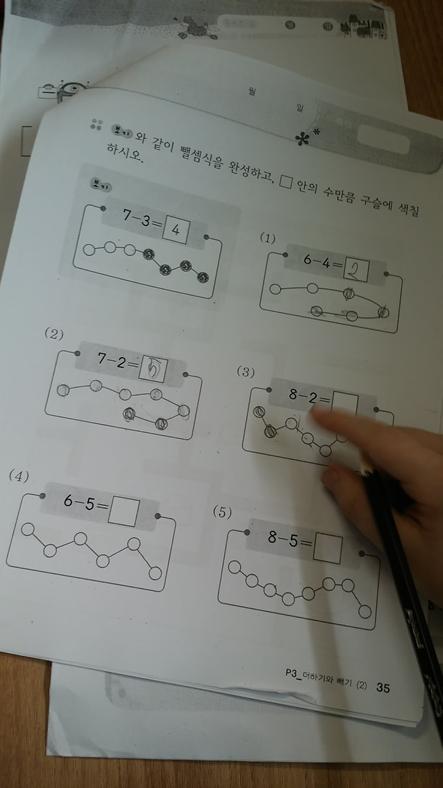
Often students with dyslexia suffer dyscalculia. This is severe difficulty in making math calculations as a result of a brain disorder. They just don’t get numbers. Even though they seem to follow they have trouble telling time with an analogue clock or counting money with coins. They have difficulties in spacial awareness and have trouble keeping a schedule. They have difficulty working a math problem from left to right or right to left. Names and faces are mixed up and has a tendency to mix up names that begin with the same first letter. I know you’re probably thinking, “I have dyscalculia.” But only 3% of the population has dyscalculia so what we probably have is called Steemitis that happens when you watch too many crypto charts (Just Kidding).
Almost all kids struggle with math and reading so how can I know if my child has a learning disorder? By the last year of kindergarten before entering elementary school if your child is consistently writing letters in the opposite direction there is a big indicator. If your child experiences headaches or dizziness while trying to read I recommend seeing a medical doctor who specializes in learning disorders. In Seoul I highly recommend Dr. Suh Chun-Suk 서천석. This is the link to his book in Korean. (우리아이 갠찮아요) His clinic is the 서천석의 마음연구소. 서울신경정신과의원, 전화번호:02-764-2700 주소:서울 종로구 명륜4가 113-1
A complete psychiatric test is given that takes a couple hours. The child’s IQ can be evaluated and any learning disabilities can be diagnosed. This is important to know as a parent because then steps can be taken for therapy and for making the best learning environment when the child enters elementary school. One of the best online tests for understanding dyslexia is found at www.understood.org .
If your child does have learning disabilities it is not the end of the world it is the beginning of a new world. For one year I have supported one student in the process. Student Steem Roller was tested exactly 12 months ago for learning disabilities. At 6 years old he was medically diagnosed with dyslexia and dyscalculia and evaluated with an IQ of 69. Since then he has received therapy in Dr. Suh’s clinic every week. At first it was mostly identifying shapes and connecting dots. Later it was recognizing Korean letters. Now after one year he can read sentences and express a short summary in his own words. He still has little concept of numbers and cannot tell time. As soon as he seems to catch on he loses it all as if that part of his brain were a sift. The institute is working on helping him to open other parts of his brain to store and analyze information. The techniques used are associations and visual representations.
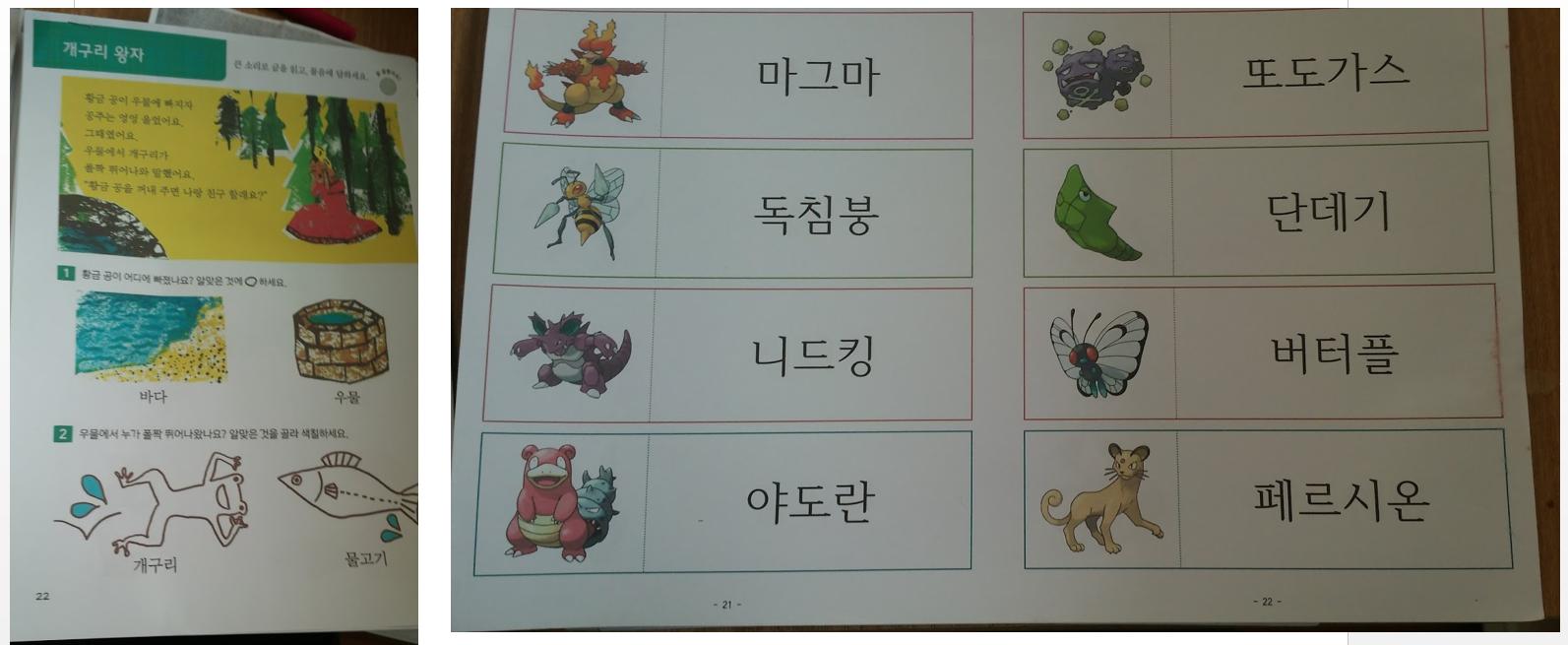
Student Steem Roller has shown a great improvement through therapy twice a week. He still has problems with focusing attention. He goes to a regular school and kids do sigh when they are chosen to be his partner because they have to help him. Student Steem Roller has a good attitude and is very friendly but students know that if one becomes his partner they will have to explain everything to him. It is debatable whether or not he should attend a special school. He and his parents prefer the regular school as he has made friends and is following although just barely. He is happy in regular school.
I hope student Steem Roller can later say like Michael Jr.
“So that very thing from my past that looked like it was a setback, looked like it was some sort of handicap, turns out I’m actually able to use it for what I’m called to do now.”
References:
http://dyslexia.yale.edu/story/jack-horner/
https://www.dyslexia.com/about-dyslexia/signs-of-dyslexia/test-for-dyslexia-37-signs/
https://www.understood.org/en/learning-attention-issues/child-learning-disabilities/dyslexia/understanding-dyslexia
https://www.understood.org/en/learning-attention-issues/child-learning-disabilities/dyscalculia/understanding-dyscalculia)
Thank you for dropping in Groovy School.
| Monday | Tuesday | Wednesday |
|---|---|---|
| Wisdom | Creativity | ELS |
| Thursday | Friday | Saturday |
|---|---|---|
| Teaching | Trivia | Song |
My goal is to use the proceeds from Groovy School to help kids who fall into the cracks. Even in a rich country not all the students get the things they really need. Especially I want to support kids like Steem Roller with dyslexia and dyscalculia to receive therapy.

